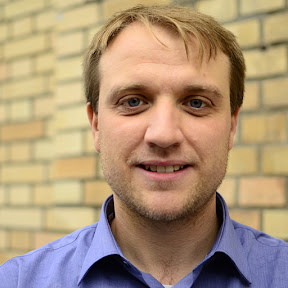Trying to reshape the experimental setup of my thesis, I brainstormed this afternoon with my respected colleagues Mirweis (aka ‘Sinalco’) and Gaelle (aka ‘Molinette’). The aim was to find an experimental setting that could support the hypotheses of the thesis in a closer look that the current experiment I am doing with Lorenzo.
So the starting hypotheses are that space provide a context for the receiver and a new structure to communication. Therefore we might expect shorter messages and a smaller number of iterations when dealing with a task. Other specific linguistic indicators might include: it might be easier to reach grounding, or there might be fewer repair acts.
The initial idea I had was to implement two different interfaces of the kind developed for the VIR experiment. A map and a search box. Using the search box, the users can browse a dataset of geolocalised messages. The users have to solve collaboratively a certain task and they have at their disposal a chat utility that allows them to coordinate. This utility is different in the two interfaces. In one case the users can anchor their conversation to specific places on the map. In the other case it resemble a traditional chat, standing on a side of the map.
As I was not sure of the task I thought that a bit of brainstorming could be optimal to reach a possible solution. Both Gaelle and Mirweis were very imaginative to sketch scenarios and to highlight concerns. Two mayor concerns emerged: on the case of the georeferenced chat it will be difficult to represent the temporal aspect of the discourse, which is embedded in the vertical sorting of the traditional chat; additionally, the dimensions of the chat tool should be maximally comparable in both situations.
Three elements were found fundamental to a good and balanced task: (1) the presence of countable aspects in the requirements of the task: i.e., temporal or numerical as a certain amount of money necessary to solve the task. This should be mixed with spatial elements necessary to accomplish the task: as locating a certain number of similar items, find the shortest path according to the criteria, or locate the best spot to position an activity using different criteria; (2) the difficulty of the task should be balanced so not to have scores too high or too low, so there should be different solutions to the task; (3) the task should not impose any preferential control to the users so ‘to force’ them to discuss possible solutions and act together to reach the goal.
We worked on three different scenarios, which I have to refine to reach a more specific task:
1. Find the closest books on a certain topics among the libraries of EPFL. This might integrate the need for different queries and discussions on where points needs to fall to compose the shortest path;
2. Organise a touristic tour in the center of Geneva for a group of visitors given a certain amount of money and time.
3. Discuss where to position the offices of a startup in Lausanne, given the activities of the company, the transport resources around, the condition of the soil and other factors.
